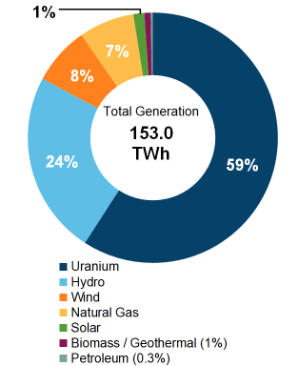Interesting post. I'll look into that system.
FWIW, my education/training is architecture (20 years in traditional practice) and 7+ years as a general contractor/architect working for a real estate developer. I'm managing 5 developments which, when built-out, will have around 30 buildings and 45 ~ 50 commercial tenants. I'm responsible for the expenditure of around $100,000,000 in construction.
Conventional heat pumps (mini-splits with ERVs) do work in the Pacific Northwest (west of the Cascades) and add between $13,000 to $27,000 to the cost an average tenant build-out (1,200 sf to 2,000 sf). This gets passed along to the tenant as an increased $/SF lease rate. 95% of our tenants are mom-and-pop businesses. Also, ERVs also don't have a great track record for longevity.
On July 1st, the Washington State Energy Code will no longer allow electrical resistance or natural gas heating. I'm rushing to get 6 buildings in for permit before that.
What's ludicrous about this is that Western Washington State (west of the Cascade Mountains) is classified as a 4C Marine Climate Zone - many people don't even have air conditioning (I didn't for 25 years) and yet we have the most restrictive energy code in the nation. It's never too hot or too cold for any extended period of time.
To make matters worse, electrical utility districts are required to increase the amount of "sustainable" energy they generate - and hydroelectric power (the Bonneville dam on the Columbia River provides a huge % of the electricity in the region) is no longer considered "sustainable". Electrical utilities districts are being forced to develop wind farms which operate at around 50% of capacity and have very short life spans compared to coal, gas and hydro - meaning that additional energy will have to be expended in manufacturing replacement parts. Part built with rare earth minerals strip-mined and imported from China.
And as I posted above, China is opening 1 to 2 coal plants a week, and have been doing so for the last 10 years.....
